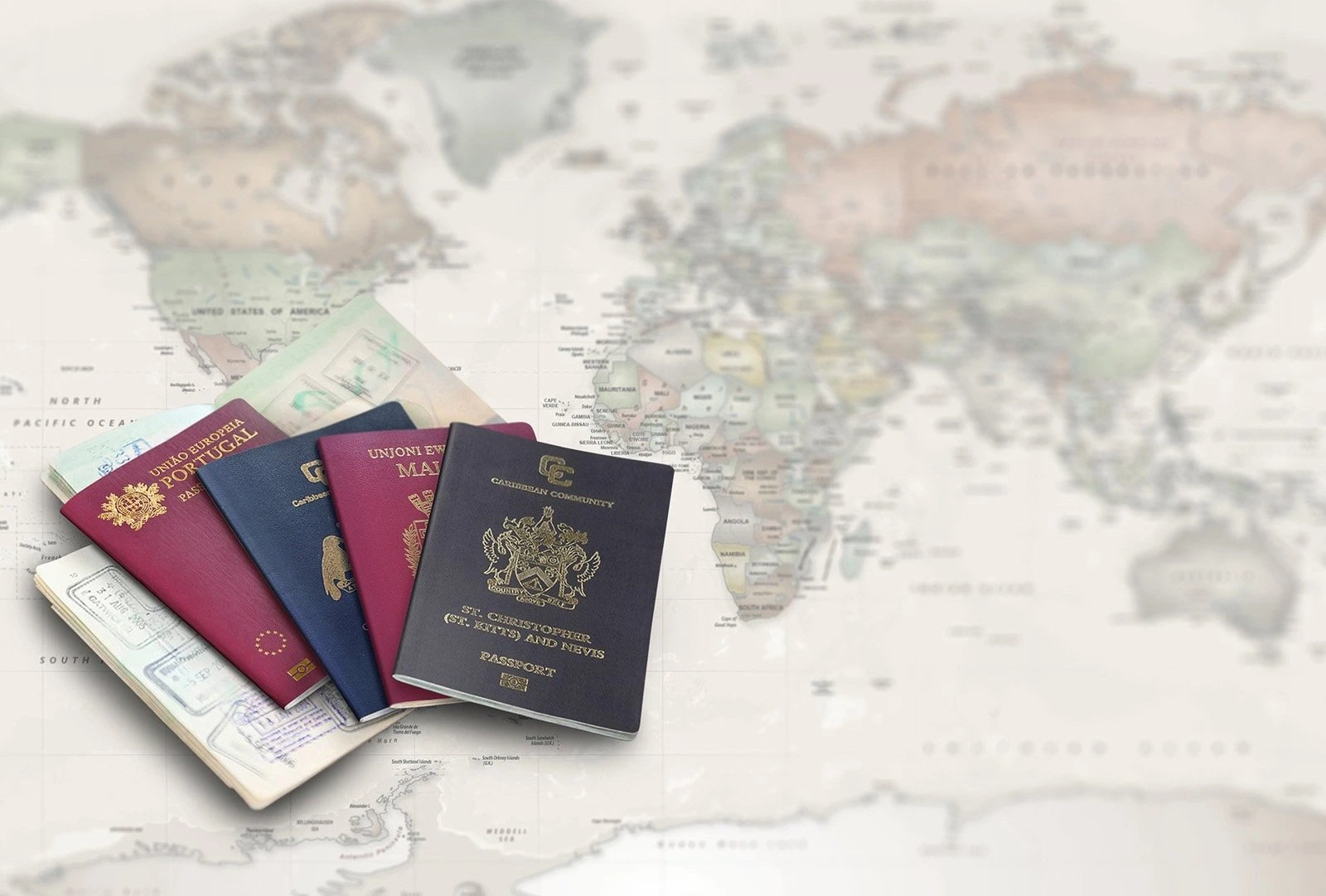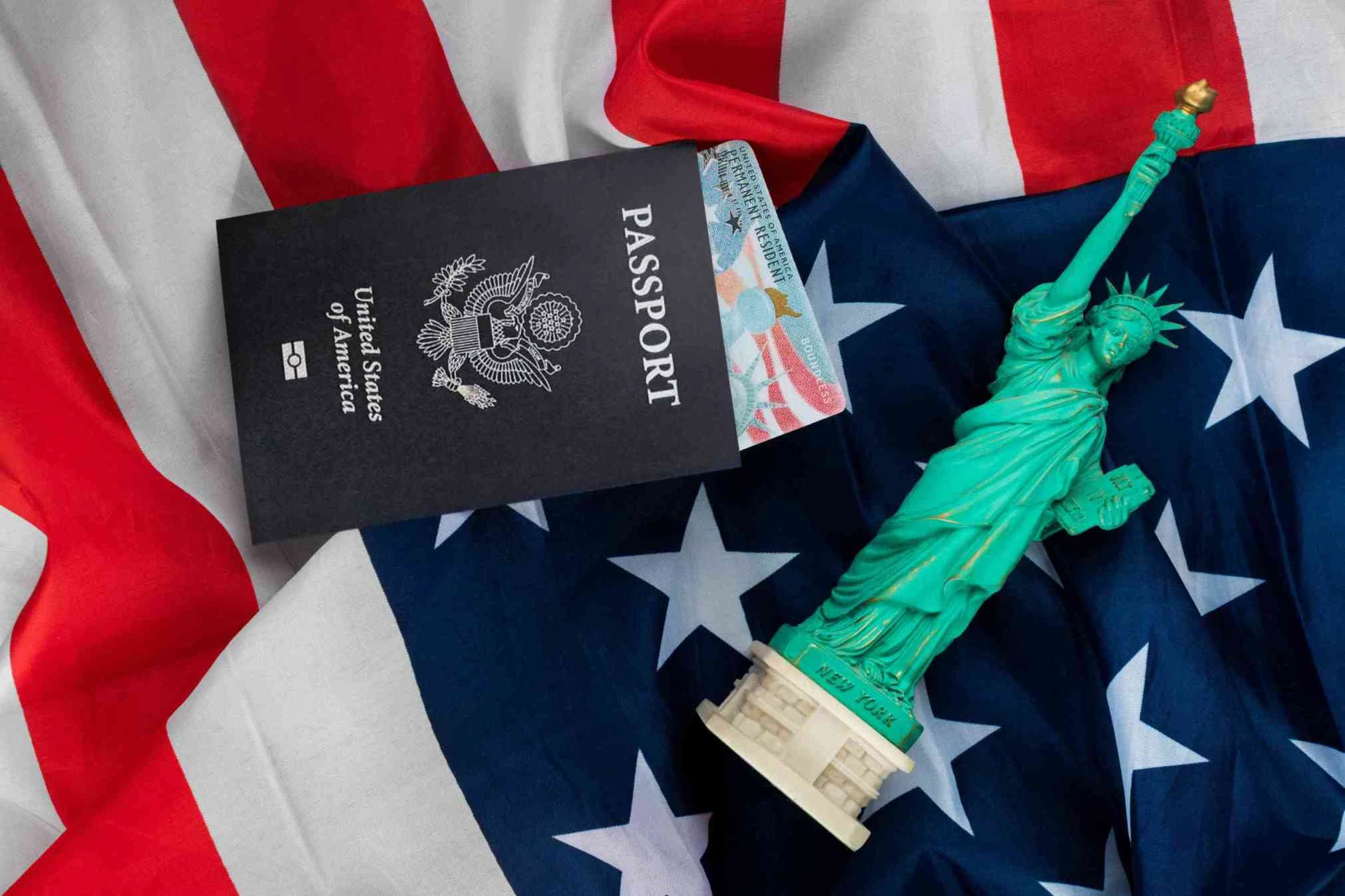Non Extradition Countries (2026 Guide): Meaning, Full Lists, and How It Really Works
- Ahmed hamdy Ahmed hamdy
- 0 Comments
Why “non-extradition countries” isn’t as simple as a list
A country with no extradition treaty to the US (or to any other nation) is not automatically a safe haven. Some governments still cooperate case-by-case, deport on immigration grounds, or demand human-rights assurances before deciding.
A non-extradition country is one without a formal treaty requiring it to surrender fugitives to another state. These include places often cited like Cambodia, Vietnam, Laos, Mongolia, Indonesia, Nepal, Bhutan, Belarus, Eritrea, Ethiopia, Somalia, Sudan, Cuba, Venezuela, Vanuatu, Samoa, Tonga, Micronesia, and Nauru.
While this removes any automatic legal duty to hand someone over, it doesn’t confer immunity—authorities may still decide cases individually, often guided by diplomacy. Some countries also decline to extradite their own citizens.
This guide clarifies what non extradition actually means, the difference between treaty status and practice, how deportation and INTERPOL fit in, and which countries with no extradition treaty with United States are frequently cited—plus how to verify status yourself. You’ll also find FAQs tailored to the exact questions people ask (e.g., what does waive extradition mean, does Bali have extradition, which countries don’t extradite to US, and more).
Not legal advice. Laws and treaties change. Always get advice from qualified counsel before acting.
What Is Extradition?
Extradition is the formal process by which one country surrenders a person accused or convicted of a crime to another country for prosecution or to serve a sentence. It’s a government-to-government procedure grounded in international cooperation and domestic law, and it sits at the intersection of criminal justice, diplomacy, and human-rights protections.
How extradition is authorized
-
Bilateral or multilateral treaties (most common): Treaties set the legal framework—who can be extradited, which offenses qualify, evidentiary standards, timelines, and safeguards.
-
Domestic law or ad-hoc arrangements (in some countries): A few jurisdictions permit extradition without a treaty, relying on national statutes or reciprocal comity.
-
Not the same as deportation: Deportation/removal uses immigration law and can occur even where no extradition treaty exists.
Core legal principles
-
Dual criminality: The conduct must be a crime in both countries.
-
Specialty: Once surrendered, the person can be tried only for the offense(s) approved in the extradition order.
-
Evidentiary threshold: The requesting state must show sufficient grounds (e.g., probable cause or equivalent).
-
Human-rights safeguards: Extradition can be denied for risks of torture, inhuman treatment, unfair trial, or if death-penalty assurances are not provided where required.
-
Nationality rules: Some countries restrict or bar extraditing their own citizens and may instead prosecute domestically.
The typical process
-
Request: The requesting state submits a formal extradition request through diplomatic or designated channels.
-
Provisional measures (optional): Local authorities may detain the person pending review if legal criteria are met.
-
Judicial review: A court (or competent authority) examines treaty coverage, dual criminality, evidence, and human-rights concerns.
-
Executive decision: In many systems, a minister or head of state makes the final surrender decision after the court’s determination.
-
Transfer & specialty: If approved, the person is transferred and may be prosecuted only within the limits authorized.
Common grounds to refuse extradition
-
Political offenses or motives (e.g., persecution rather than prosecution).
-
Risk of torture, inhuman treatment, or death penalty without acceptable assurances.
-
Insufficient evidence under local standards.
-
Nationality protections or constitutional bars.
-
Non-covered offenses or lack of dual criminality.
Bottom line: Extradition is a structured, rights-checked pathway for cross-border criminal justice. Treaties create predictable obligations, but outcomes still turn on case facts, local law, and human-rights considerations.
Extradition vs. Deportation vs. Red Notices
An extradition treaty is a binding agreement between two countries to surrender a person for prosecution or punishment if legal criteria are met. Core safeguards include:
- Dual criminality (the conduct is criminal in both countries).
- Specialty (the person can only be tried for approved offenses).
- Evidentiary thresholds and probable cause standards.
- Bars/refusals: political offenses, risk of torture, death penalty without assurances, or unfair-trial concerns.
Separate from extradition, deportation uses immigration law (overstays, invalid visas, public order). It doesn’t require the elaborate treaty process. That’s why countries without extradition can still send someone out—fast.
A Red Notice alerts authorities that someone is wanted. Whether police detain you depends on local law. It’s not itself an international arrest warrant.
Countries without a U.S. extradition treaty
The items below reflect how public guides commonly categorize countries with no extradition treaty with the US or places frequently labeled as countries without extradition to the US. Treaty posture and cooperation can change. No treaty does not guarantees non-surrender—governments may still deport, use ad-hoc channels, or seek assurances. For any serious matter, verify with current primary sources and counsel.
Asia & Oceania
-
Cambodia, Vietnam, Laos, Nepal, Mongolia, Bhutan, Indonesia (Bali is part of Indonesia), Brunei
-
Often listed among countries with no extradition treaty with USA. In practice, immigration enforcement (deportation) or ad-hoc cooperation may still occur.
-
-
Vanuatu, Samoa, Micronesia, Tonga, Nauru
-
Frequently named in countries that don’t extradite to the US roundups. Small-state diplomacy and case-by-case handling are common.
-
Middle East / Gulf
-
Iran, Syria, Yemen, Lebanon
-
Regular fixtures in countries without extradition lists; environments are volatile.
-
-
Saudi Arabia, Kuwait, Qatar, Bahrain, Oman, United Arab Emirates (UAE)
-
Commonly discussed as countries with no U.S. extradition treaty or with selective cooperation. Outcomes often hinge on diplomacy and immigration status.
-
Africa
-
Eritrea, Ethiopia, Somalia, Sudan
-
Frequently cited among countries that do not have extradition to the U.S.; practical relocation can be difficult due to banking, mobility, and security constraints.
-
Europe
-
Belarus
-
Often mentioned in what countries do not have extradition to the US content; political context affects cooperation.
-
The Americas & Caribbean
-
Cuba, Venezuela
-
Common entries in countries that don’t extradite to the United States lists; cooperation can shift with politics
-
How to Evaluate a Specific Country – Step-by-Step Guide
Use this framework whether you’re checking countries with no extradition treaty with USA, countries without extradition to US, or countries that don’t extradite to the United States:
- Confirm treaty status: Look for the latest Treaties in Force (for the US), a bilateral treaty text, or a ministry of justice page. For a quick sense, scan recent legal commentary—but always chase a primary source.
- Check domestic law: Even countries without extradition treaties with the United States may have extradition acts enabling cooperation with conditions.
- Nationality rule: Does the constitution or statute ban extraditing nationals? If yes, can the person be prosecuted locally instead?
- Human-rights filters: If the requesting state uses the death penalty, many countries require assurances. Courts also weigh prison conditions, fair-trial standards, and political motivation claims.
- Past practice & news: Has the state granted or denied US requests recently? Are there reported deportations used as a workaround?
- Immigration viability: Is there a real path to legal residency (work, family, retirement, investment), or a digital-nomad route? Do you meet the bar?
- Compliance footprint: Bank onboarding, proof of funds, KYC, and tax residence are practical hurdles—especially for people whose search intent is “what happens if you flee to a non extradition country.”
What Countries Will not Extradite to the United States?
There’s no single, permanent list. Whether a country “will not extradite to the United States” depends on (1) whether a bilateral extradition treaty exists, and (2) local law/practice (e.g., bars on extraditing nationals, human-rights concerns, or use of deportation instead of extradition). The U.S. State Department’s Treaties in Force is the authoritative place to check current treaty status.
That said, countries frequently cited as not having a bilateral extradition treaty with the U.S. include examples like:
- Asia: China, Indonesia, Vietnam, Laos, Cambodia, Mongolia, Nepal, Bhutan.
- Middle East/Gulf: Iran, Syria, Yemen, Lebanon, and several GCC states (Saudi Arabia, United Arab Emirates, Qatar, Bahrain, Kuwait, Oman).
- Europe: Belarus; some sources also list additional former-Soviet states (status varies—verify individually)
- Africa: Eritrea, Ethiopia, Somalia, Sudan (practice and capacity vary widely).
- Americas/Caribbean: Cuba, Venezuela (cooperation can still occur via other channels).
- Oceania: Vanuatu, Samoa, Micronesia, Tonga, Nauru (small states; case-by-case handling is common)
Important cautions
- No treaty ≠ no risk. Countries can still deport you or cooperate ad-hoc; courts may require U.S. assurances (e.g., no death penalty) rather than deny outright.
- Lists online differ and change; some count “no treaty,” others count countries that rarely extradite or that won’t extradite their own citizens. Always verify the specific country in Treaties in Force and recent practice.
- Example of fluidity: treaty cooperation can shift with politics (e.g., Honduras recently confirmed it would continue its extradition treaty with the U.S.).
How to check your country (2 steps)
- Look up the country in State.gov – Treaties in Force
- Read recent government/legal guidance on how U.S. extradition works and the role of deportation/assurances.
Are There Really “Best” Non-Extradition Countries?
Many listicles promise the best non-extradition countries or places with no extradition to US. Reality check:
- “Best” depends on your profile. A retiree seeking residency is not the same as a politically exposed person.
- Human-rights leverage cuts both ways. It can block extradition—or justify precautionary detention while courts assess risk.
- Citizenship by investment ≠ shield. Some nations still extradite nationals; others prosecute locally.

What Happens If You Flee to a Non-Extradition Country?
If you flee to a non extradition country. A realistic timeline often looks like:
- Entry & status: Without a valid visa/residence, you risk immigration detention or deportation—which can boomerang you into a US-friendly jurisdiction.
- INTERPOL notice: Airport or bank KYC flags may trigger detention for identity checks; this is not automatic extradition.
- Court phase: If a request is lodged, local courts examine dual criminality, evidence thresholds, and rights concerns.
- Executive discretion: Even after a court greenlight, a minister may still refuse, or accept with conditions (e.g., assurances).
- Plan B: If extradition looks likely, counsel may argue asylum (narrow), human-rights bars, or negotiate charge-limiting assurances.
There’s no “invisible cloak.” Even in countries that don’t extradite to the US, deportation or informal removals are common pressure valves.
Countries that do not Extradite Their own Nationals
Searchers often confuse countries without extradition treaties with the United States with countries that won’t extradite their own citizens. The latter can include major rule-of-law states (policy varies by constitution/statutes and by region). Key takeaways:
- Germany, France, the Netherlands, Switzerland, and others apply human-rights filters and may restrict the extradition of nationals (or require EU-framework channels), yet they do cooperate robustly with the US under assurances and legal safeguards.
- Russia, China: frequently described in competitor content as not extraditing nationals and as countries that have no extradition with the US in treaty terms; practice is highly political and case-specific.
- Brazil and several Latin jurisdictions: often cited for nationality limits or stringent safeguards.
Why it matters: A state that won’t extradite nationals could still extradite non-nationals or prosecute domestically. That’s not the same as a country with no extradition treaty.
Non-Extradition Countries – Frequently Asked Questions
What does no extradition mean?
It generally means there’s no bilateral extradition treaty in force between two countries (e.g., a country without US extradition). It does not guarantee safety: authorities may still deport, cooperate case-by-case, or demand assurances (especially in death-penalty matters).
What does waive extradition mean?
To waive extradition means you consent to transfer without a full hearing. Defendants sometimes waive to speed up proceedings; courts check that the waiver is knowing and voluntary.
Does Bali have extradition?
Yes—Bali falls under Indonesia, which maintains extradition arrangements with certain countries and may approve extradition on the basis of good relations or national interest even without a formal treaty.
Countries without extradition to the US vs. countries that won’t extradite to the US—what’s the difference?
Countries without treaties lack a binding, treaty-based duty to extradite, whereas countries that refuse extradition have a treaty in place but reject a specific request due to legal, political, or human-rights concerns.
Are there countries with no extradition treaty with the US that speak English?
English-speaking options are limited among countries without an extradition treaty with US. Even if English is widely used (e.g., in some Oceania or Africa states), you must still confirm visa routes, banking, and treaty status.
What country does not extradite to the United States (US)?
Many nations—among them China, Russia, Iran, and North Korea, as well as countries like Belarus, Cambodia, and Syria—lack a formal U.S. extradition treaty. Still, absence of a treaty doesn’t ensure protection; some states may extradite through diplomatic deals or informal cooperation.
United States extradition and extradition from the US—how does it compare?
Search intent like United States extradition and extradition from the US asks how the US handles outgoing and incoming requests. The US requires probable cause, honors specialty, and often offers assurances in capital cases to satisfy human-rights concerns abroad.
What countries can you not be extradited from?
No list guarantees non-surrender. Outcomes depend on your status (citizen vs. non-citizen), the offense, dual criminality, human-rights concerns, and diplomacy.
Conclusion: Choose information over folklore—and plan for the long game
If you came in looking for non extradition countries, here’s the honest bottom line: no treaty is not a force field. What actually protects you is lawful status, clean compliance, human-rights safeguards, and credible legal strategy tailored to your facts. Use lists like 19 countries with no extradition treaty with US, 21 countries with no extradition, or 18 countries that do not have extradition as orientation only—then verify treaty posture, domestic law, and real-world practice before you move.
Next step: If you’re exploring relocation or second residency, let’s compare jurisdictions against your profile (immigration fit, banking access, language, healthcare, mobility) and build a Plan A/Plan B you can defend. Explore your options and take the next step toward starting your new life abroad.







